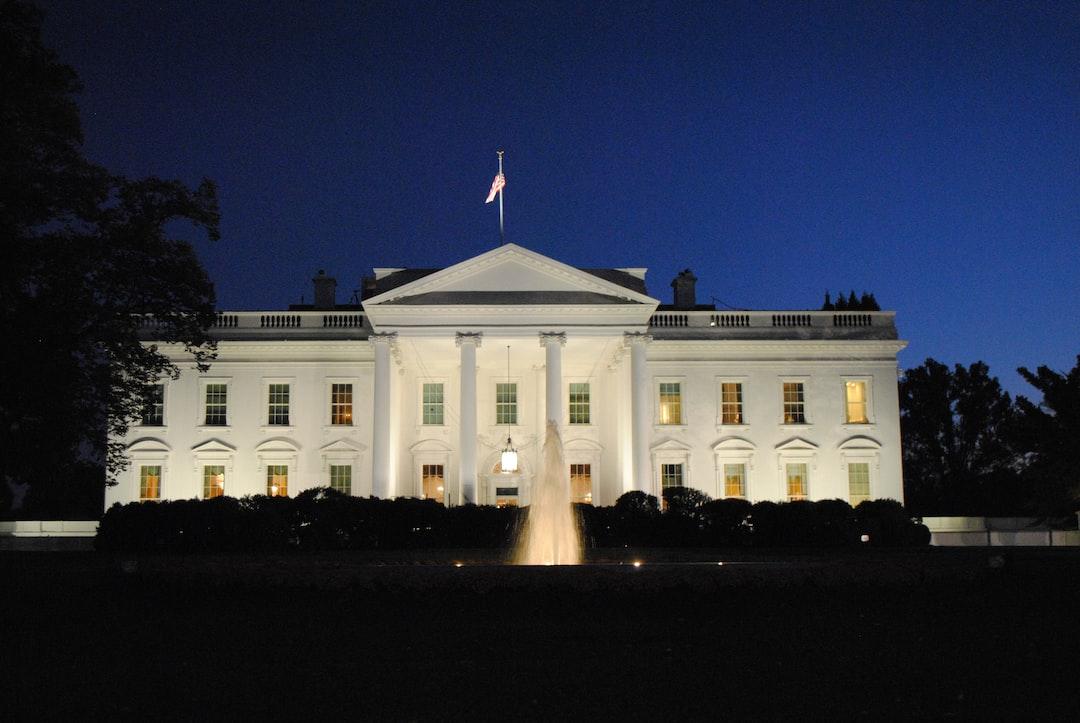
The Joe Biden administration released a blog post on May 2, introducing the Digital Asset Mining Energy (DAME) tax. This tax, included in the President’s detailed budget proposal for FY 2024, will require crypto miners to cover the expenses incurred by mining activities that impact the environment.
The White House’s Council of Economic Advisors (CEA) claims that crypto mining’s energy consumption harms the environment, quality of life and electricity grids in mining locations across the country.
The government argues that crypto mining doesn’t offer the same benefits as other industries, like creating jobs and producing essential goods. Also, the volatility of cryptocurrency prices, with Bitcoin fluctuating between $15,000 and $40,000 over the past year, may cause financial risks.
CEA also asserts that there could be a negative impact even when miners use renewable energy sources. They argue that using renewable energy reduces the amount of clean energy available for other purposes, resulting in higher consumer prices.
Cryptocurrencies, led by bitcoin, along with other crypto technologies are a major innovation engine. It is a mistake for the U.S. government to hobble the industry and drive innovation elsewhere. Biden’s proposed 30% tax on cryptocurrency mining is a bad idea. 🧵
— Robert F. Kennedy Jr (@RobertKennedyJr) May 3, 2023
The current administration suggests that implementing the DAME tax could be a viable solution to address the environmental impact of cryptocurrency mining. This tax would require companies to take responsibility for their harmful societal effects.
The proposed tax will be phased in over three years, beginning with 10 percent next year and rising to 20 percent and 30 percent in the following years. Although it is expected to generate around $3.5 billion over ten years, revenue generation is not the primary objective.
The government sees the DAME tax as the first step in ensuring that crypto asset miners pay their fair share of the costs that impact the environment and local communities as part of a larger effort to address climate change.
Reference to New York Times article
The White House’s blog post refers to a recent New York Times article, which has been accused of being a biased “one-side hit piece.” In the article, the authors claimed that Bitcoin mining harms the environment.
The proponents of Bitcoin disagreed with the article’s stance and maintained that the Times reporter used outdated data. They also argued that the article presented a one-sided argument and did not offer opposing viewpoints.
In a tweet, CEO and co-founder of Satoshi Act Fund Dennis Porter voiced his disappointment with the Times article. He criticized the newspaper for attacking Bitcoin mining despite “the incredible outreach by our community to engage and share the other side of the story.”
Porter suggested that the Times prioritized clicks over the truth. In a separate tweet, Porter pointed out that the Times didn’t even bother to fact-check the name of the town where Bitcoin mining occurs.
Chief strategy officer Alex Gladstein at the Human Rights Foundation also took issue with the article’s failure to acknowledge the positive aspects of Bitcoin. In his view, the article is rife with misinformation and neglects to provide a global perspective on the value of Bitcoin.
He said on Twitter that the omission was intentional, and if people don’t understand the value of Bitcoin, they will see it as an energy waste.
1/9
Just in: our report on #bitcoinmining & #climatechangeFull report: https://t.co/PV7E1zHdDf
Findings
1. Using #BTC mining to combust leaking methane can eliminate 5.32% of all global CO2-eq emissions… #ESG #sustainability #methane #UNEP #IPCC #CCAC #climatechange pic.twitter.com/MSi0ak4GKX— Daniel Batten (@DSBatten) May 24, 2022
Critics also have raised concerns about the methods and data used by the NYT and Gabriel J.X. Environmental, social and governance analyst and climate tech investor Daniel Batten discredited the newspaper’s and author’s findings.
According to him, the Times article dramatically exaggerated the amount of fossil fuels used. He also advised people not to trust it. Batten argued that the emission levels reported in the article “overstated on average by 81.7%.”
